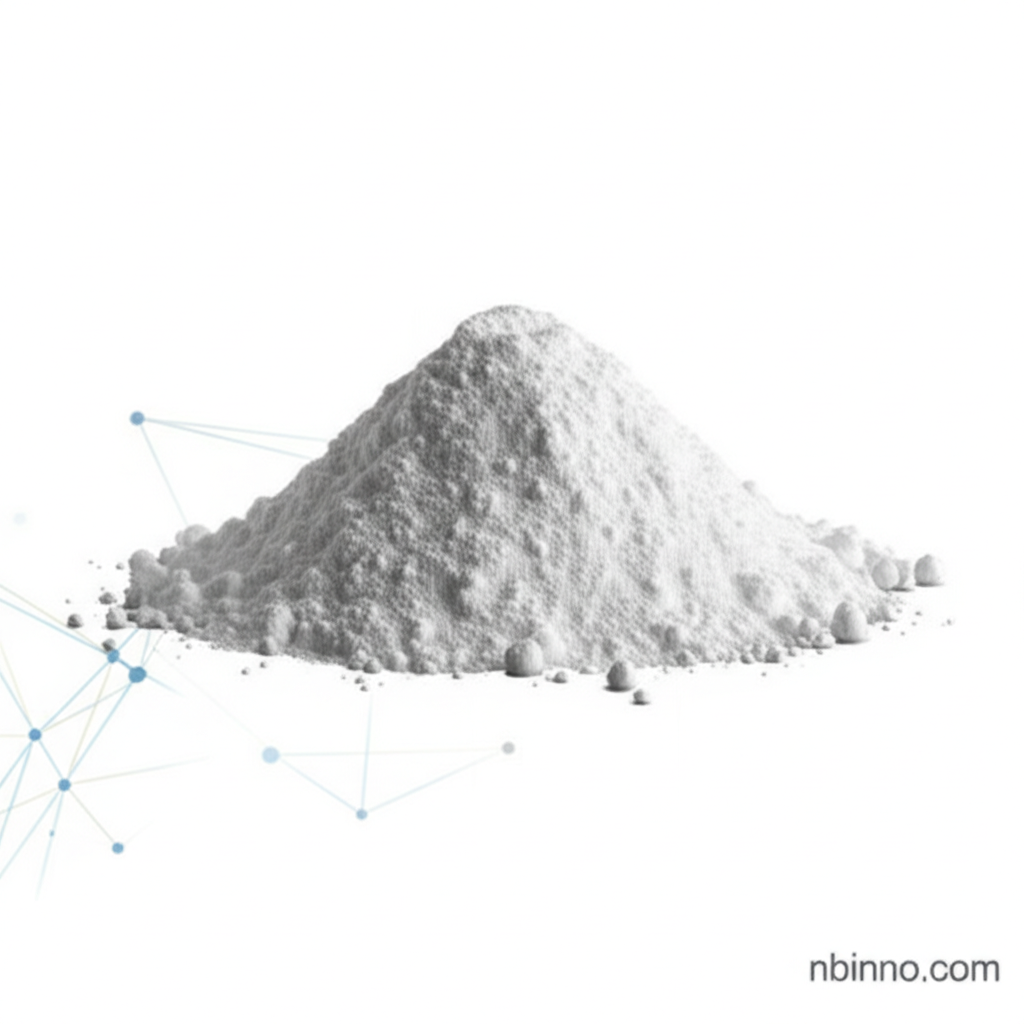Epithalon Peptide: Unlock Cellular Longevity and Anti-Aging Benefits
Discover the science behind Epithalon, a powerful peptide for cellular repair, longevity, and vital anti-aging effects.
Get a Quote & SampleProduct Core Value

Epithalon Peptide
Epithalon peptide is a cutting-edge synthetic tetrapeptide with significant potential in promoting longevity and combating the effects of aging at a cellular level. Its unique mechanism of action focuses on regulating critical biological processes to enhance overall health and vitality.
- Explore the groundbreaking epithalon peptide longevity research, revealing its impact on extending cellular lifespan.
- Learn how epithalon peptide anti-aging properties may slow down age-related decline by supporting telomere length.
- Understand the role of epithalon peptide cellular repair in regenerating damaged cells and improving tissue function.
- Discover the peptide's potential to regulate epithalon peptide hormonal balance, contributing to overall well-being.
Key Advantages
Supports Telomere Health
Epithalon peptide is known for stimulating telomerase activity, which helps maintain the length of telomeres, crucial protective caps at the end of chromosomes. This is a key factor in slowing cellular aging and promoting longevity, as highlighted in studies on epithalon peptide telomere length.
Enhances Cellular Regeneration
The peptide facilitates cellular repair and regeneration, contributing to improved tissue function and a more youthful cellular environment. This makes it a valuable component in anti-aging strategies aimed at combating the effects of cellular damage.
Regulates Circadian Rhythms
By potentially improving pineal gland function, Epithalon peptide may help regulate melatonin production, leading to better sleep quality and a more balanced circadian rhythm. This contributes to overall health and well-being, as seen in research on epithalon peptide sleep quality.
Key Applications
Longevity Enhancement
The primary application of Epithalon peptide lies in its potential to extend lifespan and healthspan by targeting the aging process at a cellular level, as explored in extensive epithalon peptide longevity research.
Anti-Aging Treatments
It is utilized in advanced anti-aging strategies, aiming to reduce the visible and biological signs of aging by promoting cellular vitality and repair, aligning with the benefits of epithalon peptide anti-aging.
Cellular Rejuvenation
Epithalon peptide supports the body's natural cellular repair mechanisms, aiding in the rejuvenation of tissues and promoting healthier cell function, a key aspect of epithalon peptide cellular repair.
Hormonal Balance Support
By influencing the pineal gland, the peptide may contribute to better hormonal balance, which is essential for overall health and mitigating age-related hormonal shifts, as indicated by studies on epithalon peptide hormonal balance.
